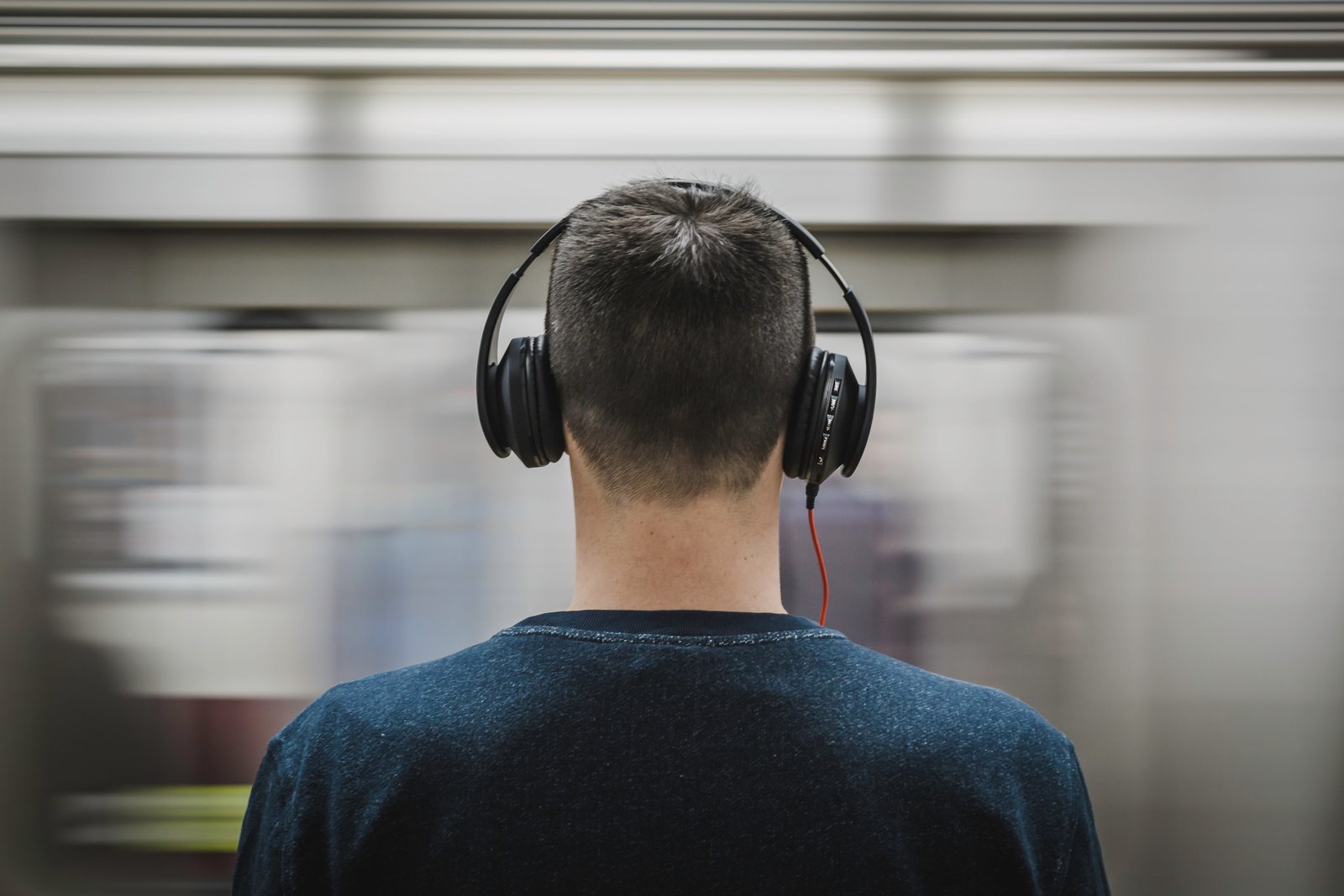Background: This #DoesItWorkSummary is based on the findings of a Cochrane Systematic Review published in November 2017 [1]. Depression is a common mental disorder, affecting globally more than 300 million people [2]. It is characterized with mood changes, loss of interest, loss of pleasure, and can result in great suffering and poor functionality at work, at school, and in the family. Depression can lead to suicide, with close to 800 000 people dying every year, and the suicide being the second leading cause of death in 15-29-year-olds [2]. Music therapy may have effect on mood and emotions. It involves meetings of the patients with a music therapist, and might be active (singing or playing music) or receptive (listening to music). A systematic evaluation of the existing human trial data was performed to get overview for the efficacy of music therapy in counteracting depression.
Findings: Analyzed were 9 trials involving 421 people [1]. There is moderate‐quality evidence that music therapy in combination with the “usual treatment” is more effective than the “usual treatment” alone for decreasing the symptoms of depression and anxiety. In addition, music therapy did not have and negative side effect.
References
1 Aalbers, S., Fusar-Poli, L., Freeman, R.E., Spreen, M., Ket, J.C., Vink, A.C., Maratos, A., Crawford, M., Chen, X.-J. and Gold, C. (2017) Music Therapy for Depression. Cochrane Database of Systematic Reviews, John Wiley & Sons, Ltd. https://doi.org/10.1002/14651858.CD004517.pub3.
2 Depression. http://www.who.int/en/news-room/fact-sheets/detail/depression.
Keywords: #DoesItWorkSummary, music therapy, depression.
Join for free INPST as a member
The International Natural Product Sciences Taskforce (INPST) maintains up-to-date lists with conferences, grants and funding opportunities, jobs and open positions, and journal special issues with relevance for the area of phytochemistry and food chemistry, pharmacology, pharmacognosy research, and natural product science.
Leave a comment:
[contact-form][contact-field label=”Name” type=”name” required=”true” /][contact-field label=”Email” type=”email” required=”true” /][contact-field label=”Website” type=”url” /][contact-field label=”Message” type=”textarea” /][/contact-form]


























